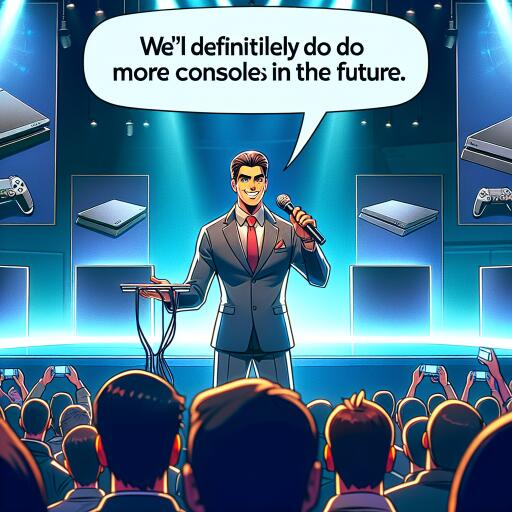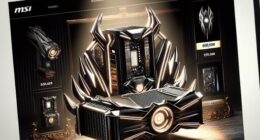Phil Spencer Reassures The Xbox Faithful: “We’ll Definitely Do More Consoles In The Future”
The world of gaming constantly evolves, yet one voice remains a constant force for Xbox – Phil Spencer, the head of Microsoft Gaming. In a landscape reshaped by subscription services since Xbox Game Pass debuted in 2017, Spencer reaffirms the importance of physical consoles and hints at future developments.
When it first appeared, Game Pass was a revolutionary concept that transformed perceptions of console gaming. Unlike its competitors, PlayStation Plus and Nintendo Switch Online, Microsoft’s service offers unmatched flexibility, allowing Xbox titles to be played across a multitude of devices.
This innovation traces back to Spencer, who took control of Xbox operations after the tumultuous Xbox One launch in 2013. Faced with the challenge of restoring consumer faith, he initially envisioned a game rental service. Observing the successes of platforms like Netflix and Spotify, and drawing on Microsoft’s accomplishments in cloud technology, Spencer persuaded CEO Satya Nadella to embrace a forward-thinking subscription model that operated via the cloud.
This strategic pivot mirrored Microsoft’s broader shift under Nadella, who revitalized the company’s approach after setbacks like Windows Phone. Both leaders effectively championed subscription services, tapping into previously unexplored markets and addressing the unique demands of new consumers.
Recently, the “This Is An Xbox” campaign was launched, met with intense scrutiny from the gaming community. However, the messaging clearly targeted avid subscribers of gaming services, a demographic that has substantially contributed to Xbox’s revenue stream over time.
Understanding the potential backlash, Spencer stepped forward once more, affirming future hardware innovations for Xbox. In a candid conversation, when directly asked about Xbox’s longevity as a console line, Spencer confidently replied: “We’ll definitely do more consoles in the future, and other devices.”
For the dedicated console enthusiast, these words carry immense significance. Yet, perhaps more revealing are Spencer’s insights on Xbox’s burgeoning identity beyond traditional consoles. Reflecting on Xbox’s expanding markets, Spencer noted: “Our biggest growth in Xbox players is on PC and cloud. The console space all up isn’t growing, across all of them.”
He explained, “We love those customers, but in terms of continuing to expand and grow Xbox, it’s about PC, it’s about cloud, and it’s about making our games more available in more places.”
This strategy is reminiscent of Microsoft’s approach to its Office suite, which transitioned beyond Windows to run effortlessly on Apple and Android platforms, relying heavily on cloud capabilities just as Game Pass does. Microsoft’s commitment to integrating cloud services across its products is evident and crucial to its future strategies.
So, what does this mean for the future of Xbox consoles? Much like how Windows remains a cornerstone for gaming PCs, Xbox consoles still hold a significant place in the gaming ecosystem. Spencer’s approach potentially secures Xbox’s presence indefinitely, regardless of past or future challenges. The narrative of Xbox might still flip, reinforcing its legacy amongst the gaming greats.
As the conversation continues around Xbox’s future and the balance between consoles and cloud services, gamers can remain expectant of continued innovation and evolution. Phil Spencer’s assurances reflect a broader vision for Xbox, ensuring a bright future for both hardware enthusiasts and cloud-based convenience seekers alike.









